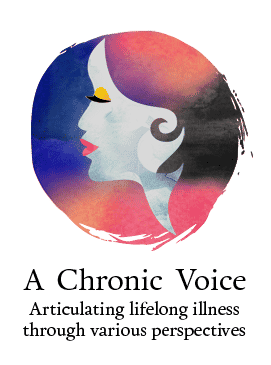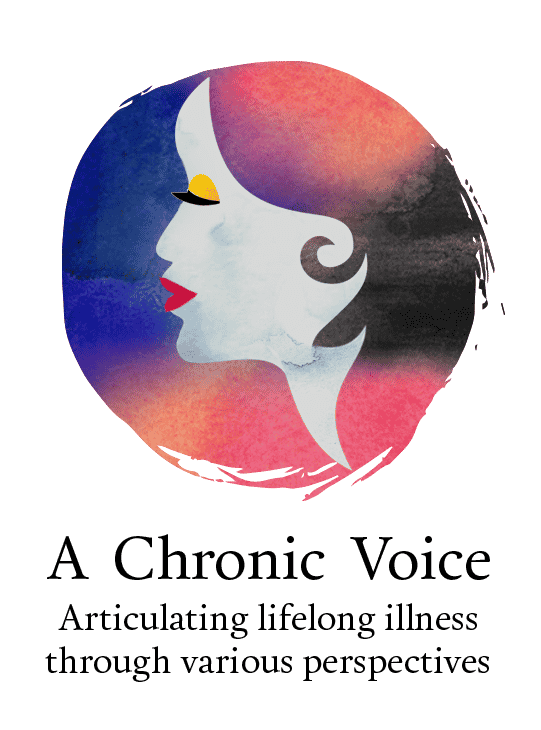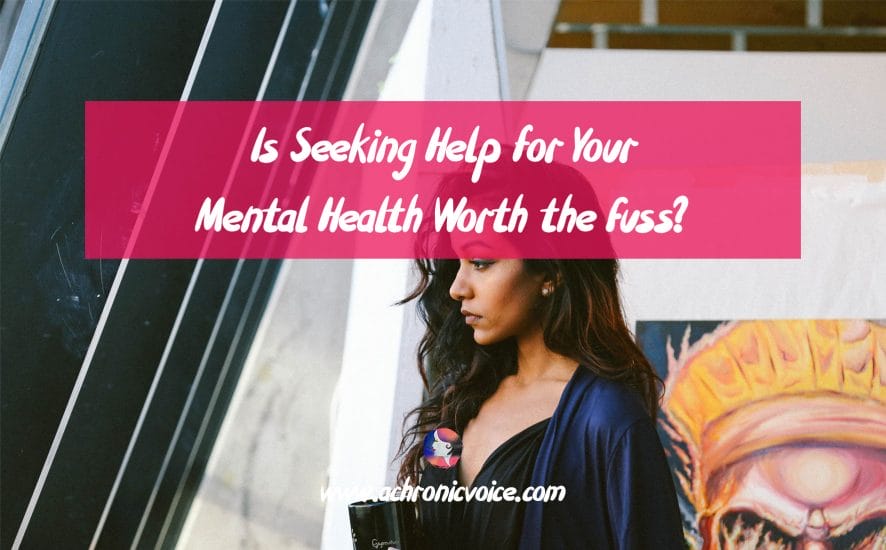Has the thought of seeing a psychologist or psychiatrist for your mental health ever crossed your mind? You might have mused but hesitated over the idea. Either because you didn’t think that there were real benefits, or wondered what society would label you as. If so, then I wrote this article especially with you in mind.
Table of Contents
Societal Perceptions of Seeking Help for Mental Health
Those who suffer from mental ailments are often categorised on a subconscious level as ‘retarded’, ‘dangerous’ or ‘dramatic’. Association with such labels is demoralising for any human being. Many do not place as as much importance on mental health symptoms as compared to physical ones.
A patient’s medical treatment is often modified based on physical responses. We rejoice or weep based on the change in numbers on pieces of paper. Mental health side effects are often swept under the carpet. ‘In the grand scheme of things’, it’s always the first sacrifice made. Were these symptoms better understood, people would realise the severity and reality of it. This is why awareness through education is so important.
What I Used to Think About Seeking Help for Mental Health
I used to be one of those people who thought that psychological side effects were not such a big deal. I thought that it was a minor problem compared to everything else I was facing, even the possibility of death. I didn’t think I needed any help and that I was tough enough to deal with it. That the fault laid with me and that I was being whiny, dramatic or oversensitive. Especially when my doctor told me, “anti-anxiety tablets are unnecessary, just try to be happy”.
What I Think About it Now
I reached a level of desperation when I contracted TB (tuberculosis) a few years back (my superpowers of contracting bugs were at play). Interactions between medications are bound to happen when you take 20 pills a day. Increase that cocktail to 30 and it steers out of control.
I was in and out of the ER every three days for heart palpitations. My steroid dose was also doubled as the TB drugs reduce its efficacy, but not the side effects that come with it. TB drugs have psychiatric side effects of their own, so this was a double whammy. This spanned over a year and I had no choice but to finish the course despite the psychological toll.
It was then that I told my doctor, “I definitely need to see a psychologist or psychiatrist. Please refer me to one whether you think it is a necessity or not.”
How Seeing a Psychiatrist Has Helped My Mental Health
My first visit lasted for two hours due to my complex medical history. I thought it was great that she took time to discuss about topics such as the effects of medication on mental health, brain chemistry, human behaviour and more (perhaps the next person in line wasn’t too happy about this!). She explained that while my coping mechanism had served me well over the years, I had run into an unbreachable wall.
She started me on yet more medications. I saw these as reinforcements sent to regain mental territory that the steroid-TB alliance had seized. She quelled my worries about becoming dependent. “Don’t worry, these antidepressants are not of an addictive nature. Give an addict a whole bag of these and they would reject your offer”.
I was unhappy about the need to add more drugs to my regimen, but noticed a positive difference after a few weeks. These drugs didn’t make me happy or high, they made me feel more like myself again.
How Seeing a Psychologist Has Helped My Mental Health
I also visited a private psychologist as I wanted to know what the difference was. Perhaps there were some psychological barriers I had imposed on myself while trying to recover from Lupus that I wasn’t aware of. To my surprise, the benefits of therapy were helpful right from the very first session. It wasn’t just about airing my grievances to a paid listener. We explored root causes, and active plans to move forward. It was a study on a lifetime of cause and effect. She often made me stop in my mental tracks, questioning thoughts I never questioned.
Many of my accumulated fears and mental health issues were a direct result of being ill. But what I found most surprising was the intricate link with my history and personality, too! To deal with my medical problems, meant dealing with myself as a whole person as well.
We All Have Issues to Deal with
It isn’t only the mad, weak or traumatised who needs or deserves to seek psychological help. Some of us have better coping mechanisms than others. Some of us have less feel-good brain chemicals by birth. Some of our doctors or loved ones place more emphasis on mental well being. But no matter what our reasons are, we are all human at the end of the day. We all have our own mental health issues to deal with, whether we choose to admit, or are even aware of them.
The Urgent Need for Education in Schools and Society
We need better education in our schools, highlighting the impact of silent illnesses. The inability to see something doesn’t mean it’s non-existent. We need to highlight the plight of those who suffer in silence due to stigma. Too many of us feel mentally inadequate, or believe that it is a non or lesser issue. While the brain is still an enigma in medicine, the glimpses of insight over the past few decades should have taught us something. Why isn’t this knowledge more pronounced in modern society?
We need more people who live with such illnesses to speak up and tell their stories. Who else better to hear and understand from? We need doctors to pay more attention to all aspects of a patient’s well being. Seeking and targetting physical problems because they provide quantifiable feedback is not enough.
Give it a Shot
I would say that seeking help for my mental health is the best decision I have made to date in my chronic illness life. I was mindblown by the positive impact it had on my life; it would be a crime not to share it with you 😉 I hope that this article was useful, and if you’re still hesitating, trying out one session couldn’t possibly hurt too much, can it? 😉
If you wish to remain totally anonymous or are unable to leave the house, there are affordable online, qualified therapists such as TalkSpace and BetterHelp as well. Although having given them a trial run, I must say that visiting a therapist face to face is definitely more constructive. There are certain nuances in communication that become suppressed behind a screen.
You can also check out this comprehensive mental self-help guide that Jo of “Tea and Cake for the Soul” put together. It consists of 13 chapters, and includes coping strategies, all the way to help for your friends and caregivers. Whatever you choose to do, I wish you all the best!
If you liked this article, sign up for our mailing list here so you don’t miss out on our latest posts!
-
For More Insight:
- 81 Awesome Mental Health Resources When You Can’t Afford a Therapist (greatist.com): https://goo.gl/WAbtNV
- Why My Top Coping Mechanism for Fibromyalgia Is Counseling (themighty.com): https://goo.gl/9Xx2rs
- Should I See a Counselor Because of my Chronic Illness or Pain? (lifeinslowmotionblog.com): https://goo.gl/e1pMJ4
- 11 Little Mental Health Tips That Therapists Actually Give Their Patients (self.com): http://bit.ly/2kuoUbT
- When You’re Struggling With Mental Illness, A Good Therapist Can Make All The Difference (unlovablebook.wordpress.com): http://bit.ly/2u8NbbW
- Pain Is So Much More Than Physical… (fibrofantastic.com): http://bit.ly/2uMGP1U




Wow you’ve certainly been through it. it definitely makes a difference when you find the right therapist. Thanks for linking to my series.
Hi Jo, it definitely makes a huge difference. The biggest difference of all (at least for me)! And you’re welcome, your series is a valuable resource, and I’m sure helpful to many out there!
I think a lot depends upon finding the right mental health professional. They are pretty hard to find in my city. I know someone who’s been seeing a professional for years, but it hasn’t helped her. Her experience is much different than yours. Her therapist doesn’t spend much time listening — just wants to hand out pills.
Hi Barbara,
I was seeing both a psychologist and psychiatrist and that time, and their functions were entirely different. Yes you’re right in that finding a therapist you click with is of vital importance. You are after all, revealing very vulnerable parts of your life to them!
Great article. I’ve also found benefits from counselling sessions since living with a chronic illness. Sometimes it’s nice just to be able to talk to someone without putting on any kind of front – and have a good cry! It also helped me put some sensible strategies in place to help me to cope with things. Thanks for writing this. ?
Hi Emma,
Thanks for dropping by 🙂 Yes it helps with the emotional and psychological aspects through very proactive methods. I’m glad it works for you, too 🙂
Great article Sheryl completely agree xxx
Thanks for reading and the support Jayne!